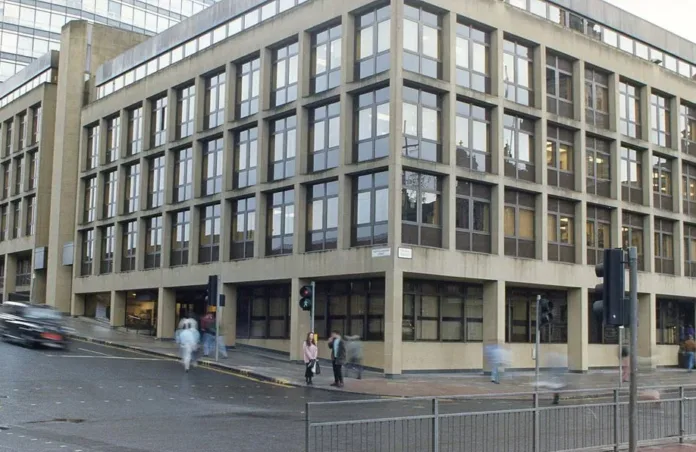Whistleblowers warn collapse looms as ministers threaten to pull £100m from AI research body
The UK’s flagship artificial intelligence research centre, the Alan Turing Institute, is facing an unprecedented crisis after staff warned it could collapse if the government follows through on threats to withdraw funding.
In a whistleblowing complaint sent to the Charity Commission, employees accused the institute’s leadership of misusing public funds, presiding over a toxic workplace culture, and failing to deliver on its mission as the national body for AI research.
The allegations come after Science and Technology Secretary Peter Kyle signalled he could pull the government’s £100m grant unless the institute shifts its focus to defence research and overhauls its leadership.
Kyle argued the Turing Institute must deliver “real value for money for taxpayers” and take a leading role in safeguarding national security. The move would represent a significant pivot for the publicly funded body, which was founded in 2015 to advance AI and data science across a wide range of sectors.
Whistleblowers Warn of Collapse
In the complaint, staff claim the institute is now at “risk of collapse” if the government’s funding is withdrawn. They allege “ongoing delivery failures, governance instability, and lack of transparency” have alarmed both public and private funders.
The eight-point document accuses the charity of approving spending decisions “that lack transparency, measurable outcomes, and evidence of trustee oversight”. It also claims the internal culture has become “defined by fear and defensiveness”.
Concerns were reportedly raised directly with the leadership team – including chairman Doug Gurr – but whistleblowers say “no meaningful action has been taken”.
Embed from Getty ImagesThe complaint was submitted anonymously, citing a “well-founded fear of retaliation”. The BBC, which has seen the letter, reports the institute itself has not yet been officially notified of the Charity Commission’s involvement.
Internal Turmoil and High-Profile Departures
The institute has been in turmoil for months. Dozens of jobs have been cut, research projects scrapped, and in late 2024, 93 staff members signed a letter expressing no confidence in the leadership.
Recent months have seen a string of high-profile resignations, including co-directors of a public sector AI programme, Professors Helen Margetts and Cosmina Dorobantu, and former chief technology officer Jonathan Starck, who left after just eight months.
Some remaining staff describe the atmosphere as “toxic” and say leadership has failed to address deep-seated morale issues.
Government Pressure for Defence Focus
In a letter last month, Kyle said enhancing the UK’s AI capabilities was “critical” to national security and must be placed at the heart of the institute’s work. The government is investing heavily in data centres and supercomputers, while urging big tech firms to invest in the UK’s AI sector.
The proposed shift to defence research would mark a stark change for the Turing Institute, whose recent projects have included AI for weather prediction, health analytics, and studies on children’s use of the technology.
Chief executive Jean Innes, who took over in July 2023, has previously said the organisation must “modernise” and sharpen its focus. In a statement to the BBC, the institute confirmed it was undergoing “substantial organisational change” and doubling down on work in “defence, national security, and sovereign capabilities”.
Charity Commission Assessment Underway
A Charity Commission spokesperson confirmed it is “assessing concerns” about the institute to determine whether a formal investigation is necessary. No decision has yet been made.
For now, the Turing Institute’s future hangs in the balance. If the £100m grant is pulled next year – as Kyle has warned is possible – staff fear the collapse of the UK’s national AI body could become inevitable, with far-reaching consequences for the country’s ambitions in the global AI race.
